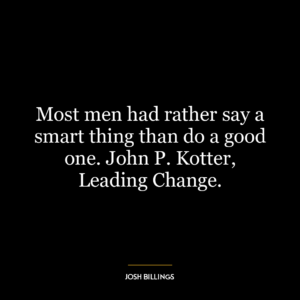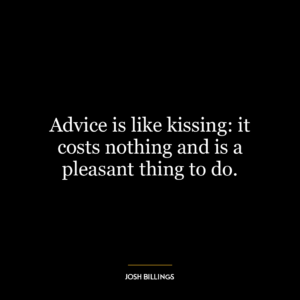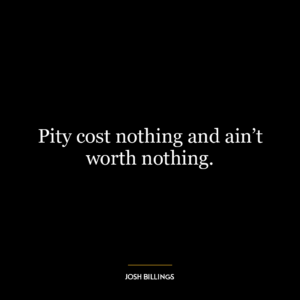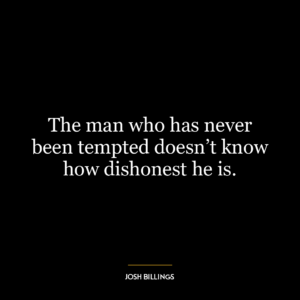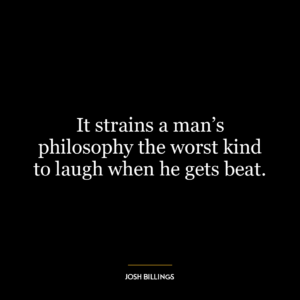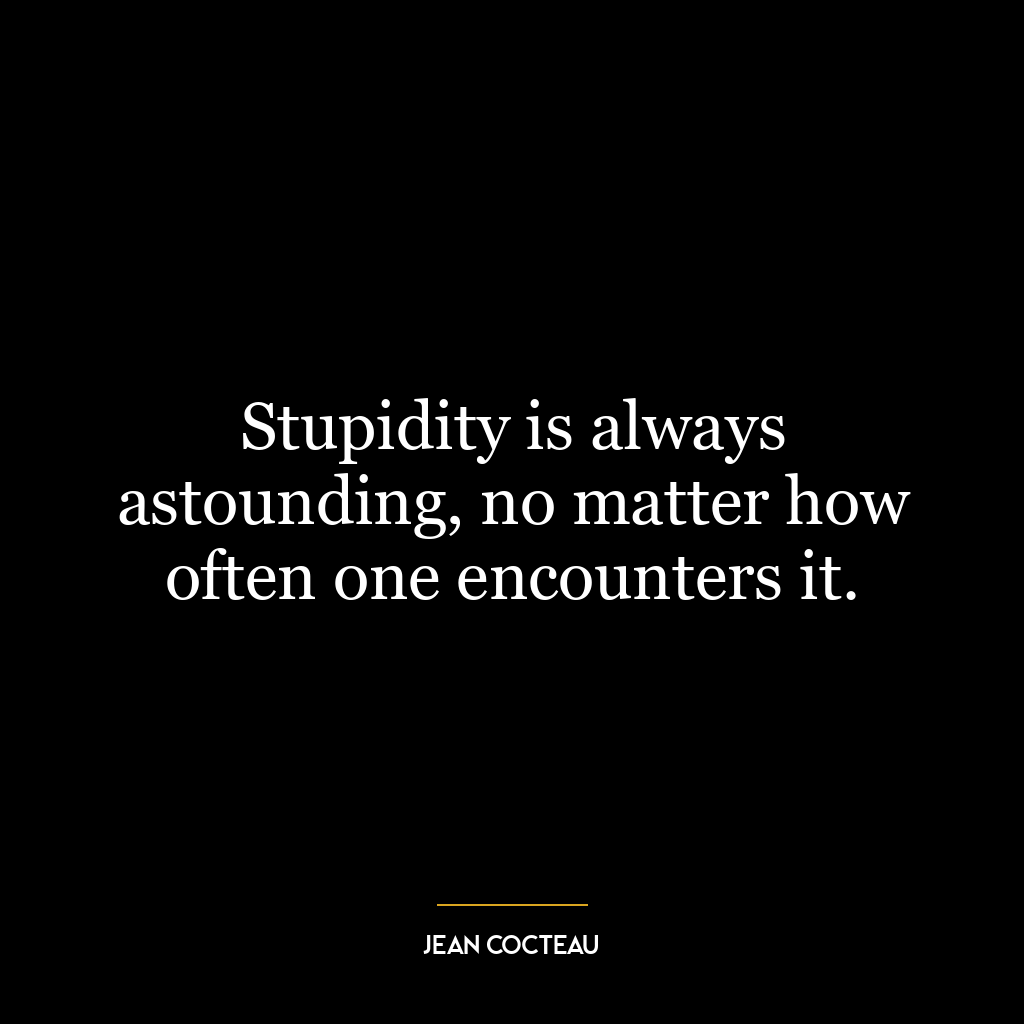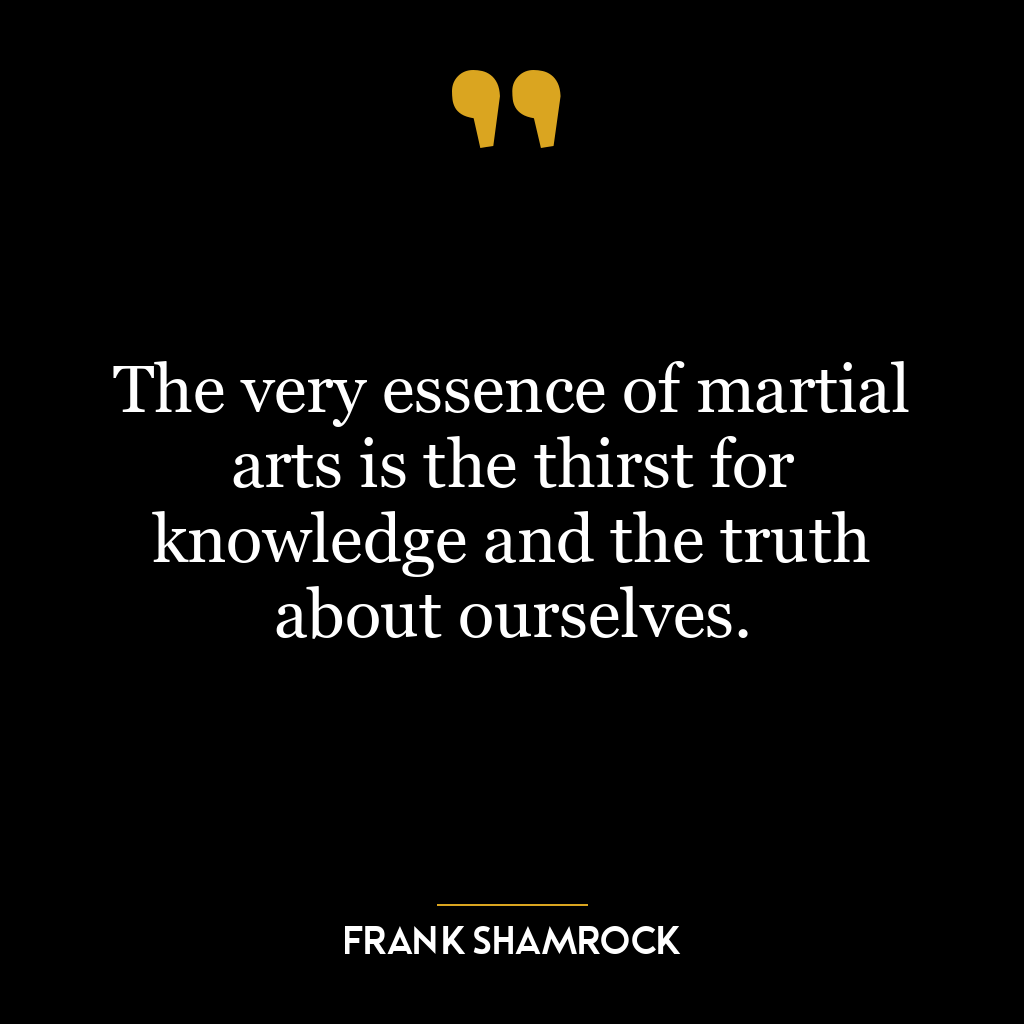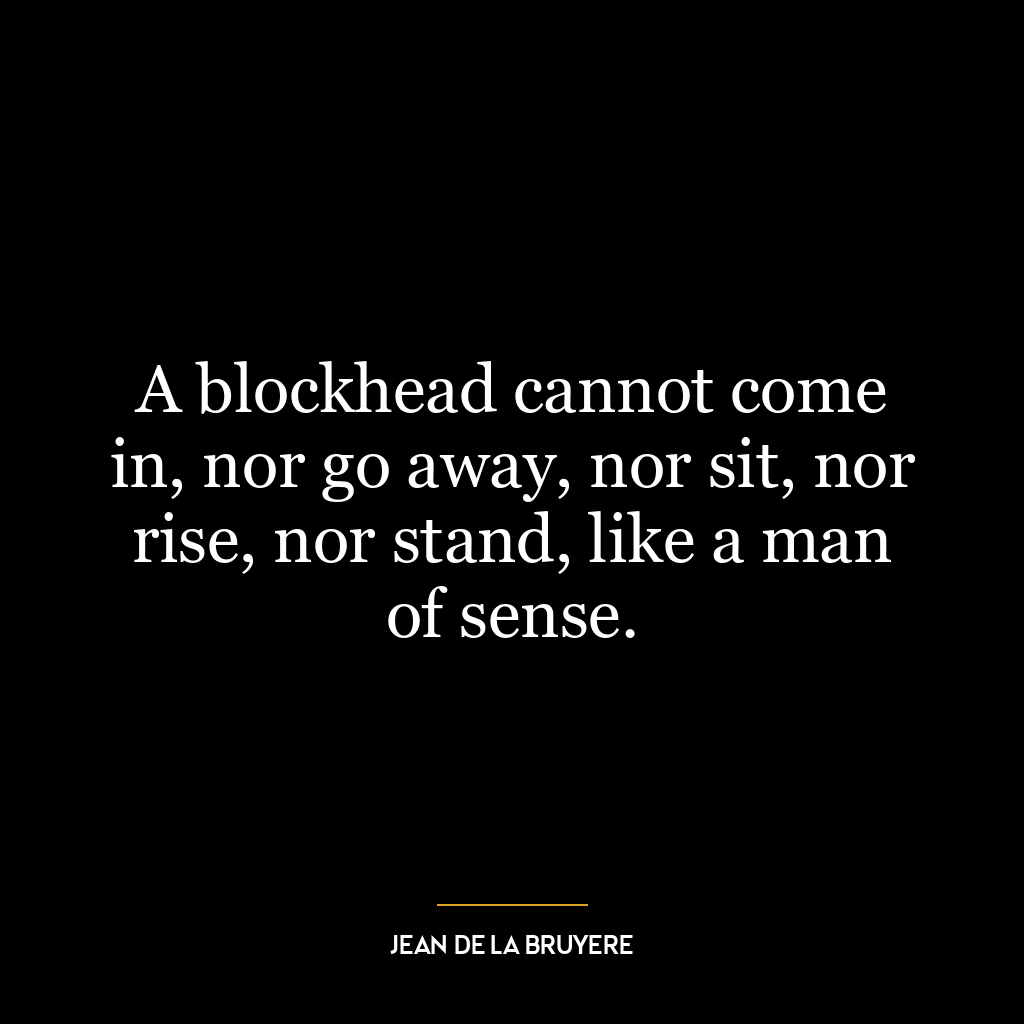This quote is a critique of the human tendency to hold onto incorrect information or misconceptions. It suggests that the main problem isn’t that people don’t know enough (ignorance), but rather that they believe they know things which are actually false. This can lead to misguided actions, decisions, or beliefs, which can have significant consequences in both personal and societal contexts.
This quote can be seen as a commentary on the danger of misinformation and the importance of critical thinking. It underscores the idea that it’s not just about accumulating knowledge, but also about questioning, verifying, and challenging the information we receive.
In today’s world, this quote is incredibly relevant. We live in an information age where we are constantly bombarded with news, data, and opinions from various sources. The internet has made it possible for misinformation to spread rapidly, leading to widespread misconceptions on various topics. For example, in the realm of politics, health, and science, false information can lead to harmful decisions and actions.
In terms of personal development, this quote can serve as a reminder to always question what we think we know, and to be open to changing our minds when presented with new evidence. It encourages us to be intellectually humble and to recognize the limits of our knowledge. It also encourages us to actively seek out accurate information and to be discerning consumers of information.
In conclusion, the quote is a call to action for us to be more mindful about the information we consume and believe, and to strive for knowledge that is not just plentiful, but also accurate and true.




